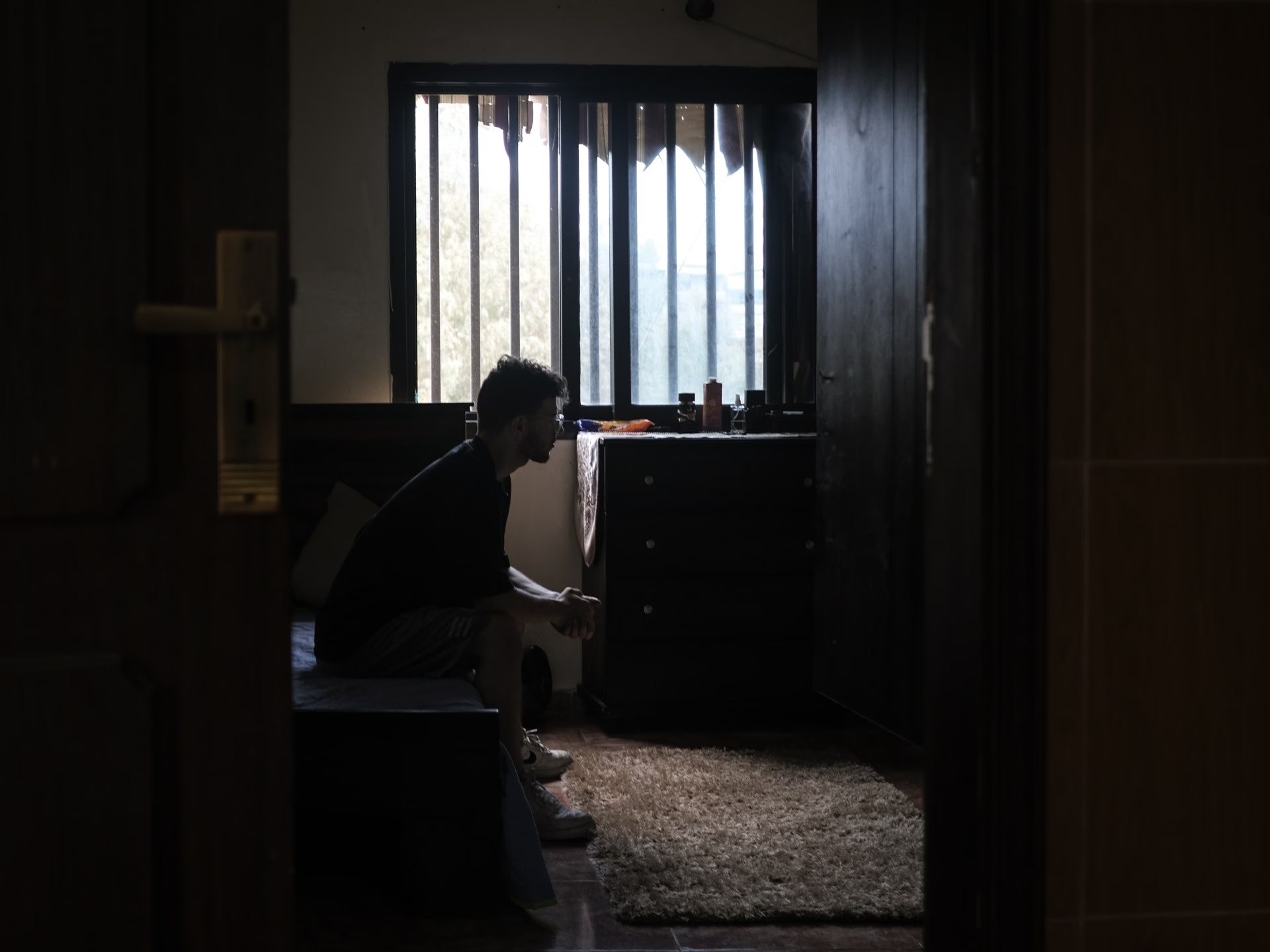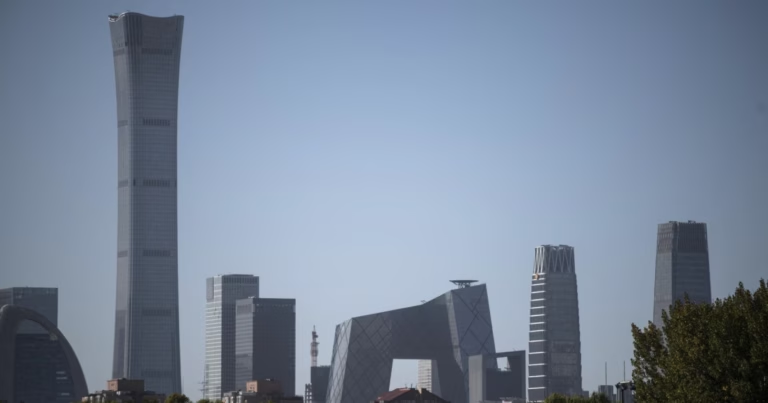In the southern suburbs of Beirut, Fatima Kandeel, a 43-year-old mother of two, recently moved into a new rented apartment in March after staying with her sister for four months. Despite their newfound independence, their living room reflects their stance and allegiance, decorated with a framed photo of slain Hezbollah leader Hassan Nasrallah and a martyr’s portrait of Fatima’s 21-year-old nephew, a Hezbollah fighter killed in an Israeli air strike. The suburb of Dahiyeh has been repeatedly targeted by Israeli strikes due to its recognition as a Hezbollah stronghold, and Fatima’s previous home in the area was destroyed in October. Despite the war in Gaza and the loss and displacement the family has faced, Fatima remains hopeful and determined to stay in Dahiyeh, valuing the strong sense of community and the neighborhood’s significance as a symbol of resistance. Her sister, Iman, however, seeks a safer location for her family, highlighting the dilemma of many living in areas prone to conflict. The siblings’ differing perspectives on whether to stay in a place marked by war and potential danger or seek a safer location outside demonstrate the complex emotional and practical considerations for families affected by ongoing conflict.
Source: https://www.aljazeera.com/features/2025/7/26/dahiyeh-families-displaced-by-war-now-trapped-by-identity?traffic_source=rss






